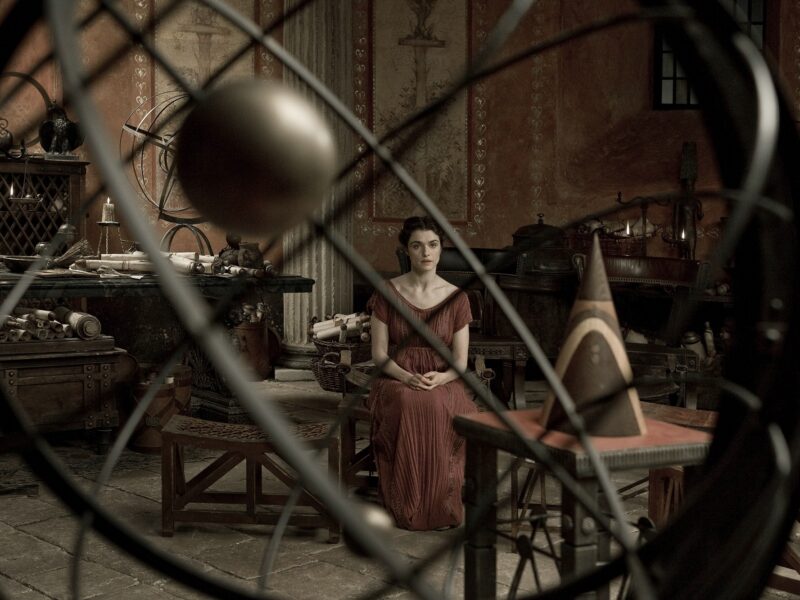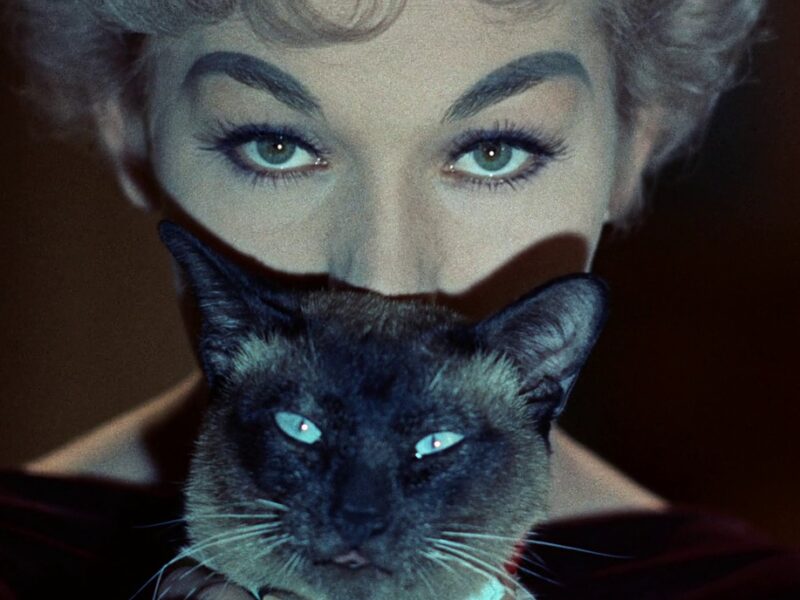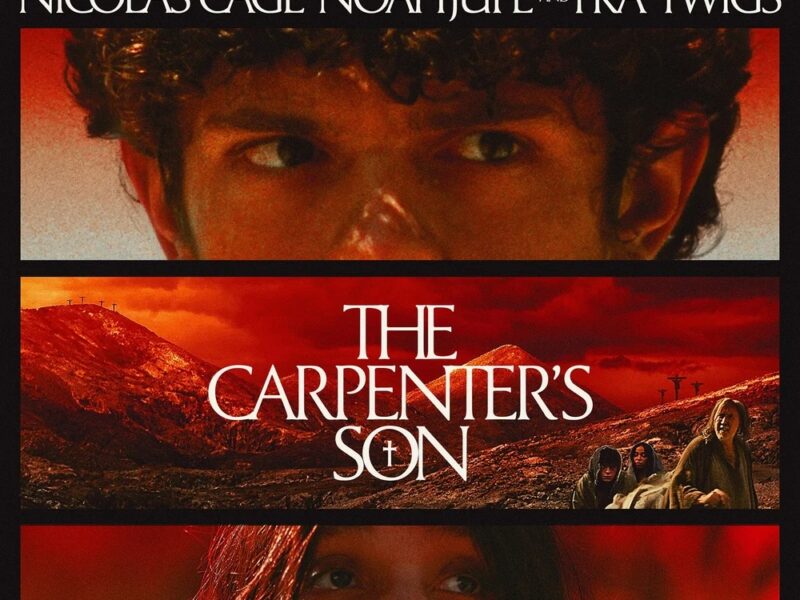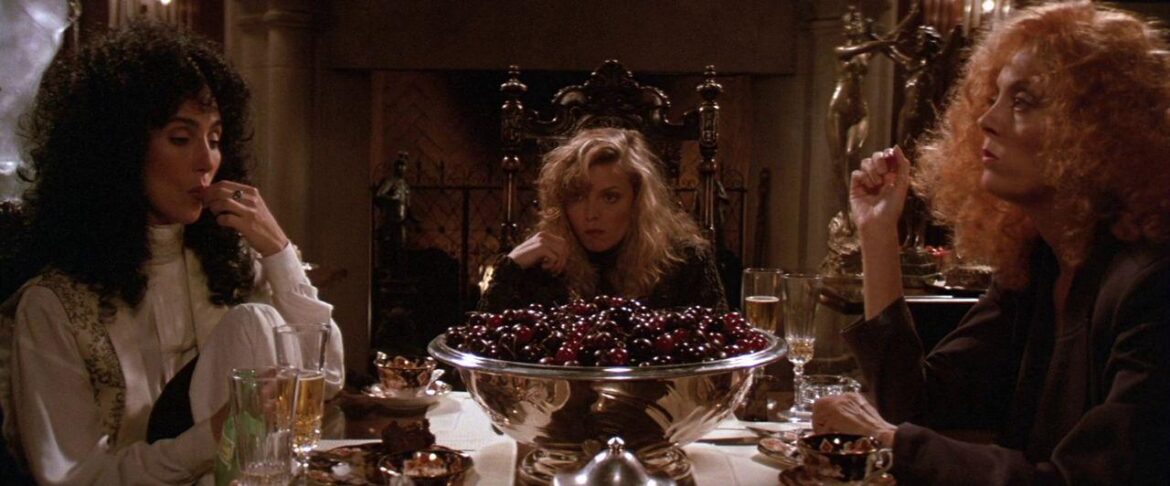“We have no record from Hypatia about the circumstances of her life,” writes Meg Elison in her review of the 2009 film about the ancient Roman philosoher. “Letters written to her by men are preserved; none of her letters to them remain.”
Arts & Culture
Pagan Hauntology
|
As we officially enter the Season of the Witch, The Wild Hunt welcomes Gavin Fox, who examines the ways Witches, Pagans, and other occult communities were depicted in documentaries of the 1970s through 90s.
Arts & Culture
Pagan Cinema Classics: The Witches of Eastwick
|
Meg Elison turns her ribald and incisive attentions to George Miller’s 1987 classic of sex and magic. “Worse movies than this one have attempted to make a proper dicking down into something that can change a woman’s life; at least this one makes the idea worthwhile.”
Arts & Culture
Classics of Pagan Cinema: Three Silly Symphonies
|
Eric O. Scott reviews three classic Disney shorts with mythological themes: “Playful Pan,” “King Neptune,” and “The Goddess of Spring.” Produced between 1930 and 1934, each cartoon represents a different approach to myth and film-making.
Arts & Culture
Pagan Cinema Classics: Knightriders
|
“Magic ain’t got nothing to do with organs and glands and busted necks,” says Merlin. “Magic got to do with the soul. Only the soul got destiny. It’s got a way, it’s got to fly.”
Arts & Culture
Mojo, Music, and Magic in Ryan Coogler’s “Sinners”
|
Noelle Bowles examines Ryan Coogler’s hit film “Sinners,” speaking with Tony Kail, cultural anthropologist and scholar of Hoodoo, about how this story of vampires and the blues in the Jim Crow south faithfully incorporates Hoodoo and rootworking.










